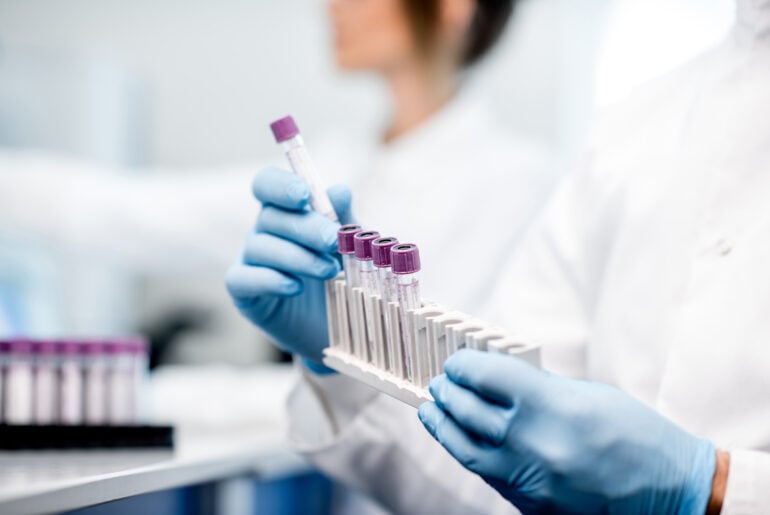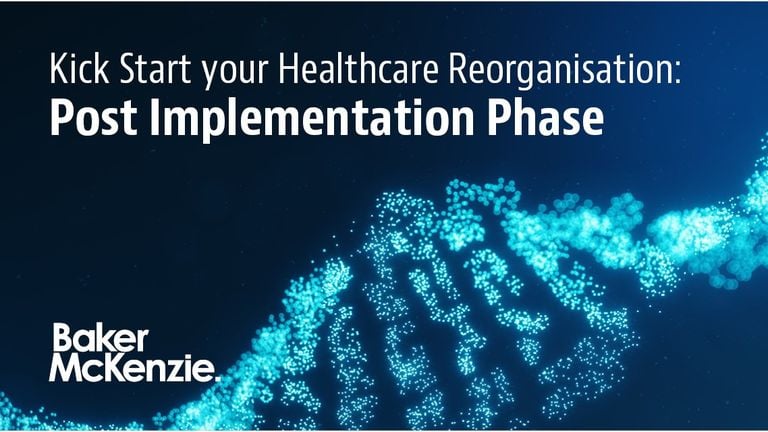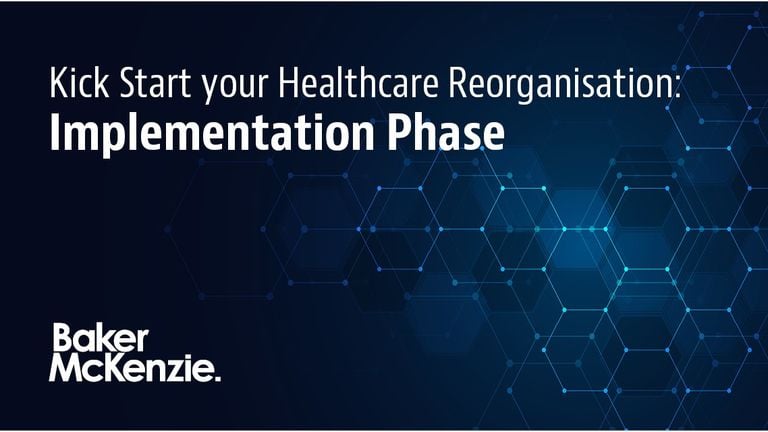To future-proof its regulatory system, the UAE cabinet has established the Emirates Drug Corporation (EDC) in September 20231. As a new independent regulator, the EDC will replace the Ministry of Health and Prevention (MOHAP) for the regulation of pharmaceuticals and medical devices. Besides medicines and medical devices the EDC will also be responsible for cosmetics, dietary supplements, GMOs, fertilizers, pesticides, agricultural conditioners and plant growth regulators. The EDC will also take over some competences from the Ministry of Climate Change and Environment…
The Corporate Sustainability Due Diligence Directive (“CS3D”), provisionally agreed in December 2023, will create significant behavioural and reporting obligations for many EU and non-EU healthcare and life sciences companies active in the EU, adding an additional layer of compliance and complexity to their already highly intricateglobal value chains. In this first instalment of our new “CS3D Explainer Series”, we provide an overview of scope, key obligations and relevant timeline under the CS3D.
In brief As we look back at 2023, we reflect on a year marked by significant developments in the legal framework governing the life sciences and healthcare industries in the US. These developments include the implementation of the Medicare Drug Price Negotiation Program under the Inflation Reduction Act; the rise of artificial intelligence in drug development and manufacturing; the evolving landscape of US Food and Drug Administration regulation and enforcement of laboratory-developed tests; and the…
On 14 December 2023, Council and the European Parliament reached a major political agreement on the Substances of Human Origin (SoHO) Regulation. This Regulation will replace the Blood Directive and the Tissues and Cells Directive, combining both legal texts into one. In addition, the Regulation will extend its protection to any SoHO regardless of whether it meets the definition of ‘blood’, ‘tissue’ or ‘cell’ to avoid that certain groups of donors or recipients are left…
On 13 December 2023, the German government published a long-awaited strategy outline of intended upcoming legislative measures to counter both the dwindling significance of Germany as a strong hub for pharmaceutical innovation, and threats to supply chain security. The proposed action items fall into 8 chapters, the most significant of which for pharmaceutical companies are briefly summarised below: 1. Strengthening clinical research; a model clinical trial agreement and centralised ethics committee The government intends to…
In Brief In a judgment of 18 October 2023 (T-74/21), the EU’s General Court roundly dismissed the appeal by Teva and Cephalon against the European Commission’s 2020 decision imposing fines of approximately €30 million on each of them for concluding an anti-competitive patent settlement agreement back in 2005. In some ways the case is an historic relic: since the US Supreme Court’s 2013 ruling in Actavis and the Commission’s decision a few days later in…
The Court of Justice of the European Union (CJEU) has recently issued a judgment clarifying that wholesale distributors may not obtain medicines directly from pharmacies that do not hold a wholesale distribution licence (WDA). This represents a useful confirmation of the current law, a rule that is set to remain under the new EU Pharmaceutical Package. With its judgment dated September 21, 2023 (Case C-47/22), the CJEU ruled on the interpretation of Article 80, first…
The European Medicines Agency (EMA) has published a draft reflection paper which considers the application of artificial intelligence (AI) and machine learning (ML) to the development, regulation and use of medicines. This paper, which is now open for public consultation, evaluates the risks, benefits and opportunities that AI and ML present to the entire lifecycle for medicines. Underlying the paper is EMA’s concern around the challenges of integrating AI and ML into the medicines lifecycle,…
In the third and final post of our ‘Kick Start your Healthcare Reorganisation’ series, we focus on the post-implementation matters often encountered on healthcare and life sciences reorganisations. These range from the many regulatory requirements through to ensuring steps are taken to realise the maximum value from the reorganisation. These post-implementation matters often bring us back to, and illustrate the importance of, careful early planning and seamless implementation. The significant consequences of any change of…
In the second post of our ‘Kick Start your Healthcare Reorganisation’ series we focus on the implementation phase of a healthcare and life sciences reorganisation and specifically the following three areas: document execution; funds flow; and operational go-live. Whilst each area is individually significant, and is likely to have its own dedicated workstream, it is important to recognise that they each go hand in hand when looking to achieve smooth (and successful) implementation. Document execution…









